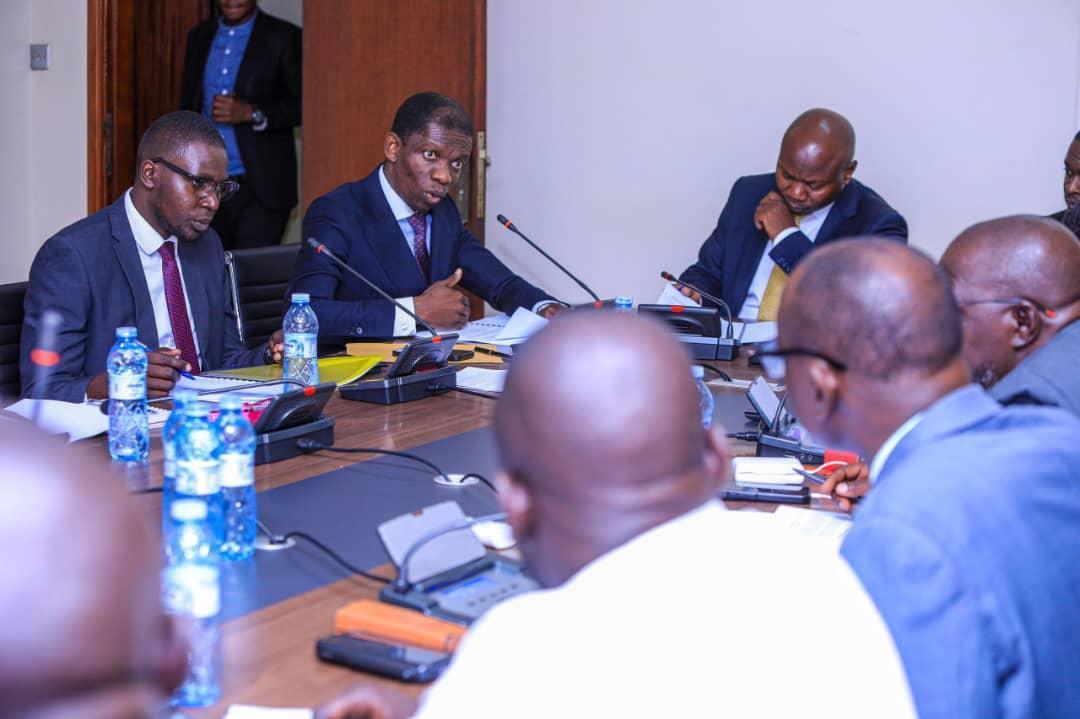Africa-Press – Uganda. The Uganda Registration Services Bureau (URSB) has expressed opposition to a provision in the Copyright and Neighboring Rights Amendment Bill, 2025, that proposes the creation of a private copy remuneration scheme.
This scheme would compensate creators and rights holders for private and non commercial copying of their works.
According to URSB officials, led by Deputy Attorney General Jackson Kafuzi and Registrar General Mercy Kainobwisho, this provision would have unintended consequences.
“The proposal has the effect of increasing the cost of gadgets, such as smartphones and computers, and negatively impacting the uptake of Information and Communication Technology in Uganda,” they argued.
This, in turn, could hinder the country’s socio-economic development.
The URSB officials also appeared before the Legal and Parliamentary Affairs Committee to submit their views on the bill.
They urged the committee to retain Clauses 5 and 10, which protect the interests of creators who may not have the necessary expertise in negotiating fair contracts. “We ask the committee to retain clauses 5 and 10 of the bill as they are crucial in protecting the interests of creators,” the officials stated.
However, the URSB officials advised the committee to reject proposals to insert clauses that seek to regulate the use of artificial intelligence in the bill. Instead, they suggested that AI regulation requires an independent national policy.
“This is a complex issue that requires a comprehensive approach, and it would be better suited for a standalone policy,” they argued.
In contrast, the Center for Law and Emerging Technologies of Makerere University School of Law, led by Robert Kirunda, emphasized the need to incorporate provisions in the bill that regulate the use of AI.
“AI-generated content poses new challenges,” Kirunda stated.
He also proposed amending Section 8 to include digital distribution rights with mandatory revenue sharing, ensuring creators get at least 50% of net proceeds.
The debate highlights the complexities of copyright law and the need for careful consideration of its implications.
As Uganda seeks to promote creativity, innovation, and digital development, policymakers must balance the rights of creators with the need to foster a vibrant and inclusive digital economy. The committee’s decision will have significant implications for the country’s creative industry and digital future.
For More News And Analysis About Uganda Follow Africa-Press






